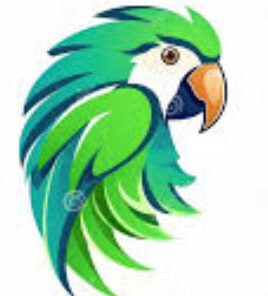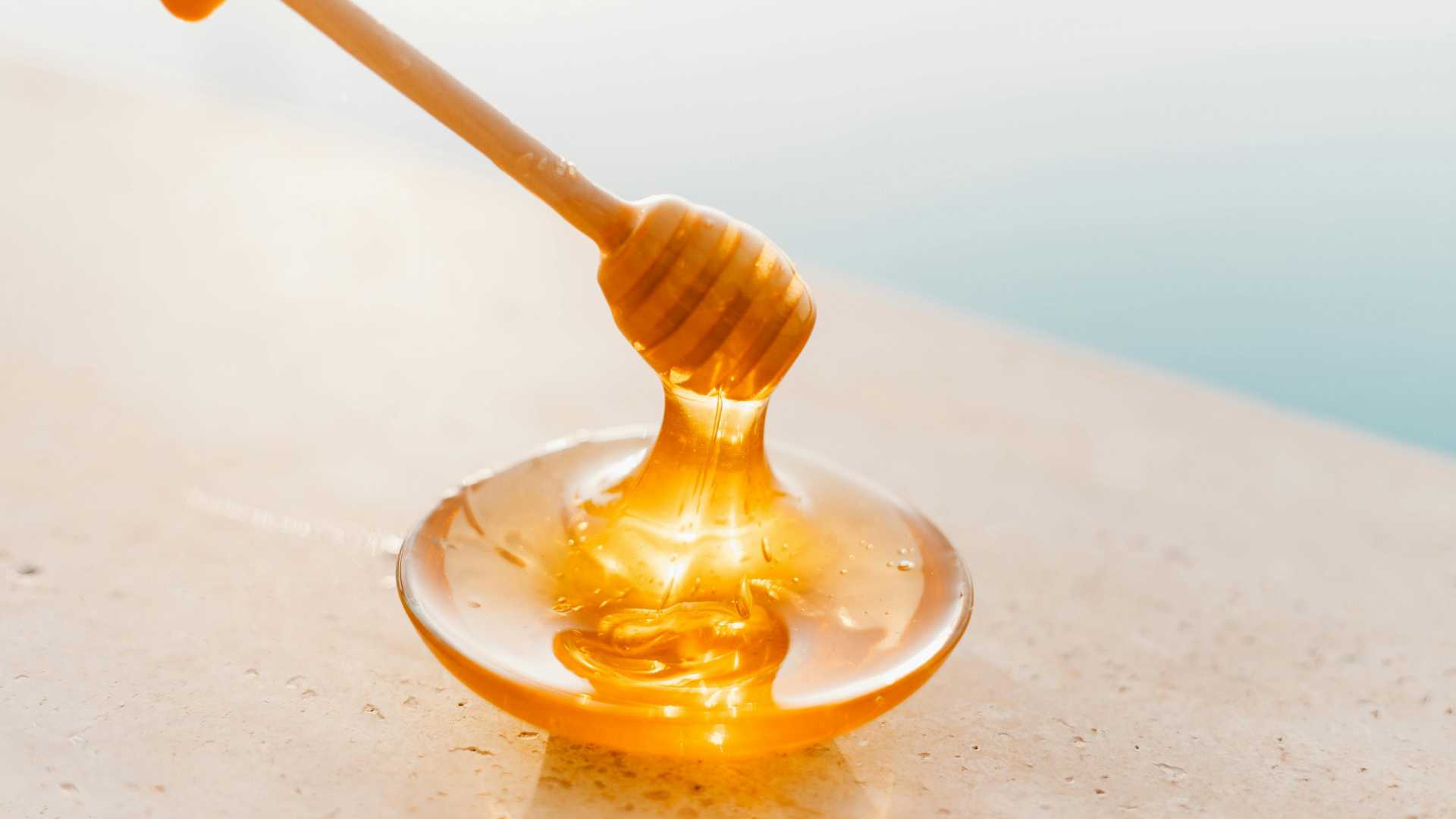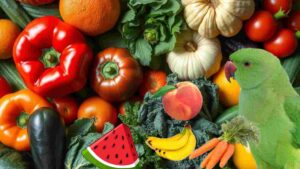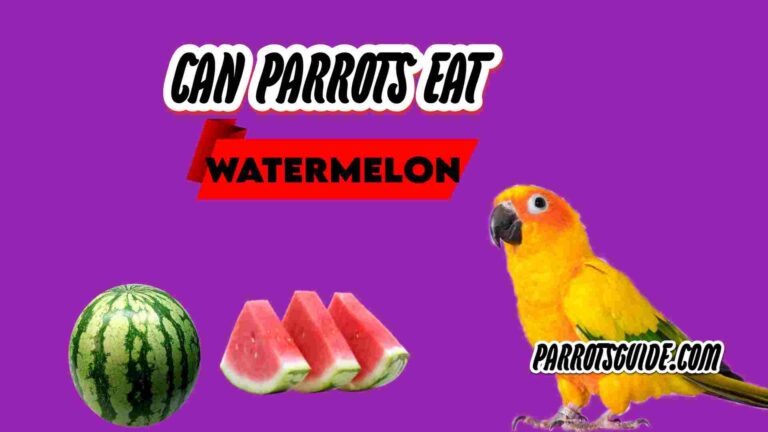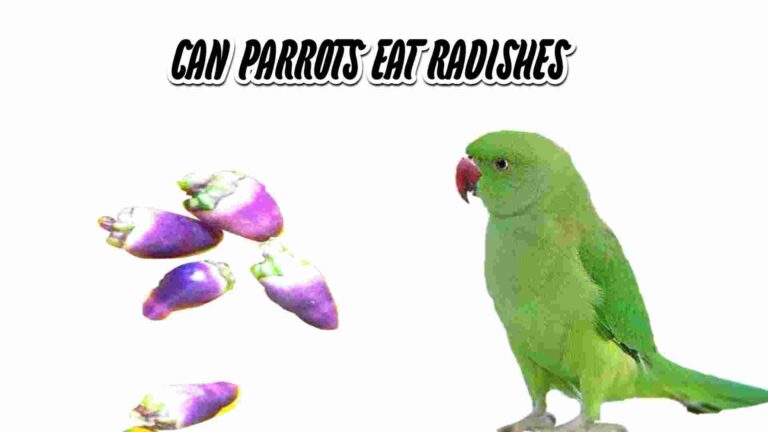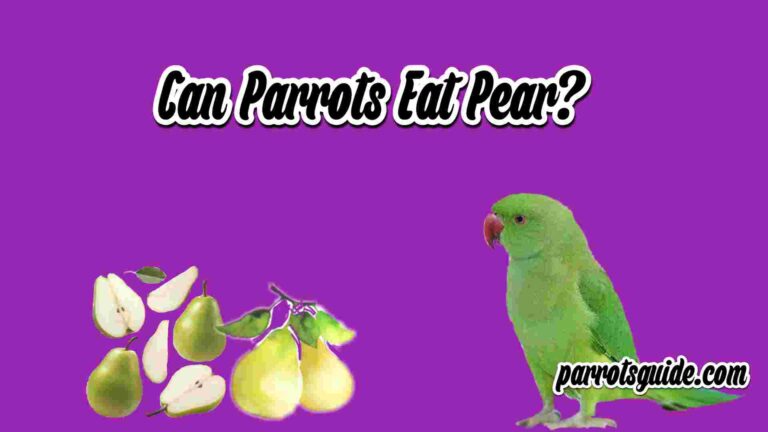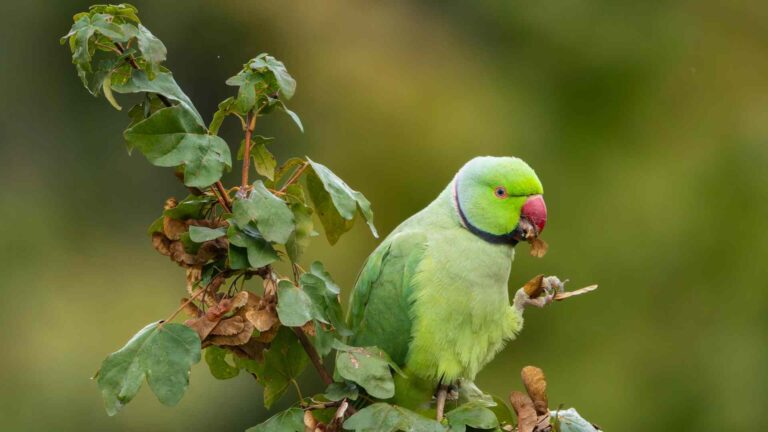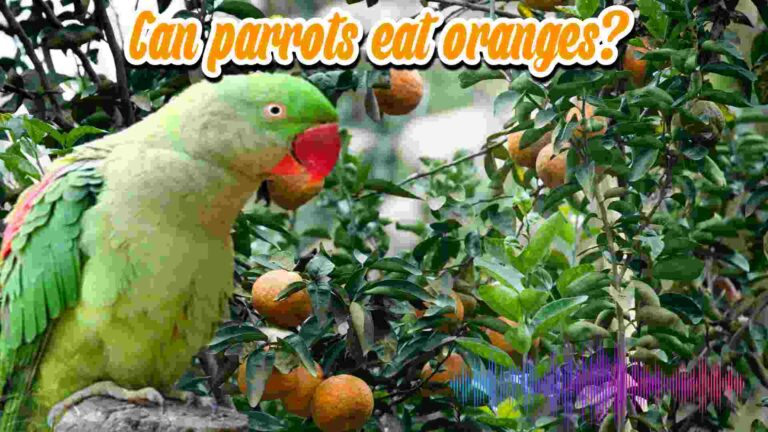Can Parrots Eat Honey?
As far as diet is concerned for our parrot, knowing the feed that is safe for him is critical. Various types of foods consumed by parrots with the colorful disposition of the parrots appeal to parrot lovers. Otherwise, among all the types of sweet things, honey is most often discussed by owners of parrots. However, the question remains: Can Parrots Eat Honey? Honey in moderation is safe for parrots but should not be fed to the parrots on a regular basis. Regular feeding causes obesity or diabetes since honey contains more sugar. It is very important to make sure that honey is not mixed with any other ingredients or chemicals.
Introduction to Parrots and Honey
Parrots also require the right diets so as to eat in order to be healthy, more so for the newly adopted parrots. Being social and intelligent parrots, they need to have a diet that is as diverse as they are in their natural habitat.
Despite the fact that many people who have parrots try to feed them with a small amount of honey as a useful addition to their diet, they should know about the consequences. It is a sweet substance and may contain risks, especially if it is not pasteurized. It is only wise to consult your veterinarian before getting your parrot fed with any new feed, including honey.
Understanding Parrot’s Dietary Needs
Many parrots, including the so-famous cockatiel and macaws, feed on a diet of pellets and seeds, as well as fresh fruits and vegetables. They have special nutritional demands, and diseases can occur if they are fed incorrectly.
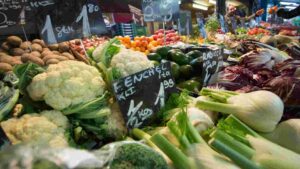
One thing that should be particularly checked is the fact that your parrot will be eating foods with vitamins and minerals. When deciding whether or not to feed the parrot honey, it is important to look into the parrot diet and the possibility of some germ, for instance, Clostridium botulinum, which is likely to be found in certain types of honey.
Why Some Owners Consider Honey
Most people who take parrots as their pets are encouraged to feed their parrots with honey because most of it is natural and contains additives that may be beneficial to the parrots. Honey is commonly believed to be a source of energy and can be attractive to parrots.
Nevertheless, any honey lover needs to remember that not all kinds of honey are the same. As for some people who may presume that a spoonful of raw honey may make an addition, people should consult a parrot forum and a vet first.
Overview of Honey Types
This honey is further segmented into two broad categories, such as raw honey and pasteurized honey. Raw honey also contains bacteria that may be dangerous to your parrot and therefore should not be consumed. For instance, boiled honey is preferred over normal honey due to the fact that with the heat treatment, all bacteria are normally killed.
The parents of parrots have to know such differences when deciding whether the parrots they are caring for should be given honey or not. Lastly, it can be said that feeding your parrots and avian companions should be done safely, and the food should be as nourishing as possible.
Is Honey Safe for Parrots to Eat?
Despite the fact that honey looks like it could be good for your parrots because of its sweet taste, you have to think about the health consequences. Many parrots, like cockatiels and macaws, have special nutritional requirements that have to be provided for conformation to their standard health. High quantities of sugars in honey are known to have adverse effects on parrots’ health, such as obesity.
Also, raw honey can contain some bacteria, such as Clostridium botulinum, which causes botulism in those who consume honey that has not been pasteurized. Thus, it should be important that you learn about the potential dangers of eating honey for your parrots.
Potential Risks of Feeding Honey to Parrots
There are actually certain dangers to feeding honey to parrots, and these should not be taken lightly. The primary risk associated with honey consumption is that of bacterial contamination, especially if your parrots are fed raw honey (a product that can contain pathogenic bacteria lethal to your parrots). These bacteria love temperature and humidity, and if this is in the warm and wet environment of the parrot’s digestive tracts, the bacteria will complicate the sickness.
Also, high sugar content in honey affects a parrot’s balanced diet and leads to obesity and other emanating diseases. To some parrot caregivers, it is always better to take precautions; therefore, it is advisable to consult a veterinarian before adding honey to your parrot’s diet. All in all, thinking of these risks should help to keep your parrot joyful and fit.
Understanding Raw Honey and Its Dangers
In this form, people believe that using raw honey can provide various natural benefits; however, when using it to feed your parrot, extreme care should be taken. Raw honey may contain spores of Clostridium botulinum; this is hazardous for young or immunocompromised parrots. Organs of digestion of parrots do not adapt to some types of bacteria, which can be safe for parrot organisms.
That is why any consumption of raw honey should not be an option, as it can cause severe health problems such as botulism in parrots. These are some of the factors that can be dangerous to the life of the parrot, and therefore parrot owners should ensure they avoid these types of food. If they want to offer something sweet, they should use boiled or pasteurized honey.
Signs of Honey Toxicity in Parrots
It becomes paramount in birding to be able to identify some of the symptoms of honey toxicity in parrots. The symptoms may include decreased activity, refusal to eat, and, in more severe cases, vomiting and diarrhea. If you think that your parrot has taken honey and is experiencing any of these signs, you should consult with the veterinarian.
In some cases, failure to seek further medical attention can result in several other complications. Also, you should observe the parrot’s activity and physical state after it takes a new type of food, including honey. Being alert can help you catch any adverse reactions early and ensure your parrots remain safe and healthy.
Health Risks Associated with Honey for Parrot
Botulism: A Serious Concern
Honey is quite dangerous to parrots due to one disease known as botulism, which is a major health risk if honey is administered to parrots. This severe illness is caused by the bacterium Clostridium botulinum, which may be present in unpasteurized honey.
Some parrots, including young parrots or those who already have a sickly or low immunity, are especially receptive to this toxin. The outcomes of botulism are flaccidity, ptosis, and paralysis, affecting muscle strength and control in movement, and because parrots are tender and sensitive birds, seeing their infants weak and unable to move arouses panic among parrot parents.
Bacterial Contaminants in Honey
Besides botulism, parrots are observers of many bacterial contaminants that are present in honey and are dangerous for parrots. Especially unpasteurized honey, which they say is often laced with dangerous bacteria that upset the parrot’s digestive system.
This moist habitat within a parrot harbors these bacteria, and a parrot is likely to develop gastrointestinal and other health problems. However, owners of parrots have to be informed that not all honey is good to feed the parrots.
The best recommendation to consider is to use pasteurized honey, which has been through a heating process that eliminates dangerous bacteria. Challenging the safety of honey for parrots is very important in a bid to try to enhance their health status.
Effects on Parrot Nutrition and Health
There are consequences to a parrot’s diet when it comes to honey. Honey has a lot of sugar content, as such, obesity. If many parrot owners would consider honey to be a treat, it should be noted that the risk of high sugar consumption outweighs the benefits.
Further, it is safer to part ways with such practices and avoid giving your parrots sweet items frequently to protect their health. Consulting with avian specialists on nutrition can provide valuable insights into the best dietary practices for your parrot.
Alternatives to Honey for Parrots
Safe Sweeteners for Parrots
Indeed, in seeking out safe sweeteners for parrots, this study must also look at alternative products that may provide much-needed sweetness without the dangerous side effects of honey. Substitutes like agave syrup and maple syrup have a sweet taste but are less dangerous than raw honey.
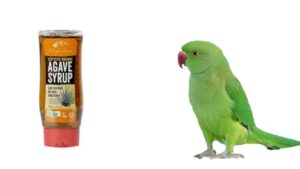
Nevertheless, they should also be consumed in limited proportions because of their content of sugars. Fruit purees or even mashed bananas also fit the bill for any parrot owners seeking safe treats coupled with the added bonus of nutritional value for all the parrots.
It is always recommended to speak with your veterinarian about proper sweeteners for your parrot’s diet.
Even though parrots enjoy seeds, there are many healthy treats that you can feed your parrot that ensure that they stay healthy and fit. These include apples for fruits; carrots and fresh leaves for vegetables since parrots have dietary requirements for vitamins and other nutrients.
Nuts are also good occasional appetizers for parrots with healthy fat intake and should be fed occasionally. That is why certain foods like avocado and chocolate are dangerous and should not be taken around your parrot. When parrot owners occasionally offer a mix of healthy snacks, parrot owners can feed their parrots a balanced diet throughout the day.
Creating a Balanced Diet for Your Parrot
Developing a diet plan for your parrot implies knowing such nutrition requirements as they are. A mix of high-quality pellet diets and fresh fruits and vegetables are the ideal diets to feed them.
Some of the useful pet bird species include parrots, which consist of cockatiels and macaws, and it is essential to feed these parrots using a natural, diverse diet.
It’s also important to include some snacks from time to time, but definitely healthy snacks with little or no sugar at all.
It is always advisable to consult a vet in order to get a probable prognostication of a parrot’s dietary proportions, which will keep the parrot as healthy as it should be. It’s therefore important to heed and embrace a good nutritional plan that excludes honey sometimes.
Can Baby Parrot Eat Honey?
In most cases, it is recommended to avoid giving honey to a baby parrot. They are also bound to have developing digestive systems; therefore, the development of other related health problems through the intention of high-sugar foods such as honey cannot be ruled out.
Baby parrots should be fed on a ration designed to be proportional to their nutritional value, and the most adequate feeding regimen for this is through formulated pellets for baby parrots and fresh fruits and vegetables.
Giving honey could also cause some issues like obesity or an upset tummy in the body of the baby parrots. For your baby parrot to grow healthy and strong, ensure you feed your baby parrot with the right foods recommended by the age and type of parrot.
In case you are at any one time in doubt regarding your diet, it is advisable to seek the services of a veterinarian for a recommended diet.
Conclusion
Despite honey appears to be a tasty product in the sight of parrots, it has the following prohibitive effects: parrots are choked via botulism if they feed on unpasteurized honey and also develop obesity. Consulting a veterinarian is important in developing a healthy diet plan for each parrot since they are different, but getting interaction from other parrot owners at the forums allows a broader understanding.
For them to be able to understand more what their parrots need in terms of diet and safer substitutions, the brand owners can turn to articles from avian veterinarians, credible parrot care websites, and parrot care books, which will always help them in coming up with better choices that would be more beneficial for their parrot’s health as well as their happiness.
